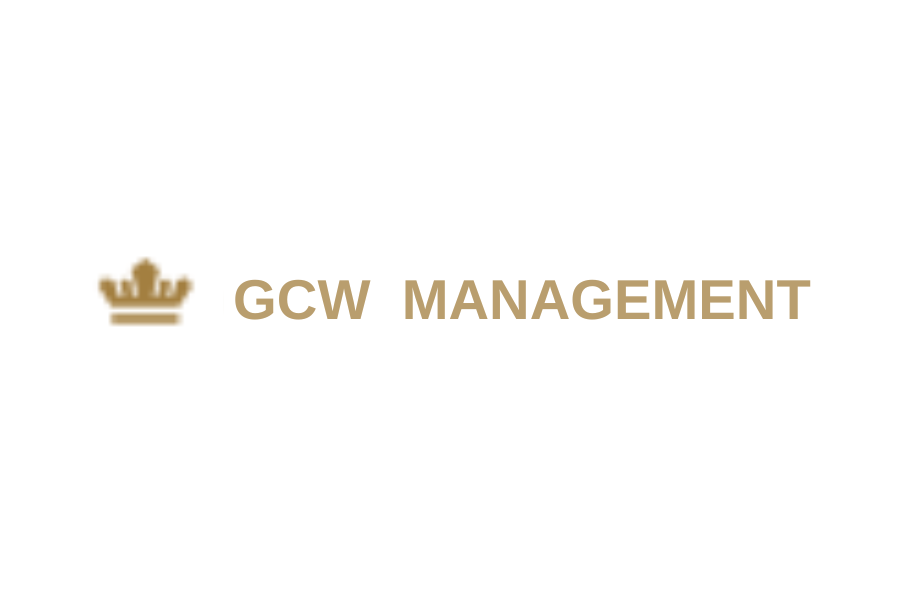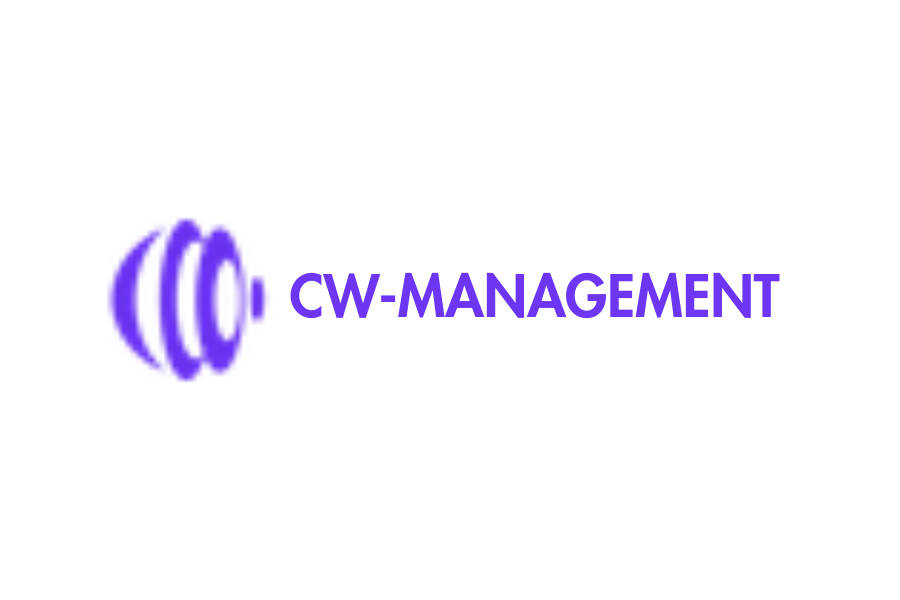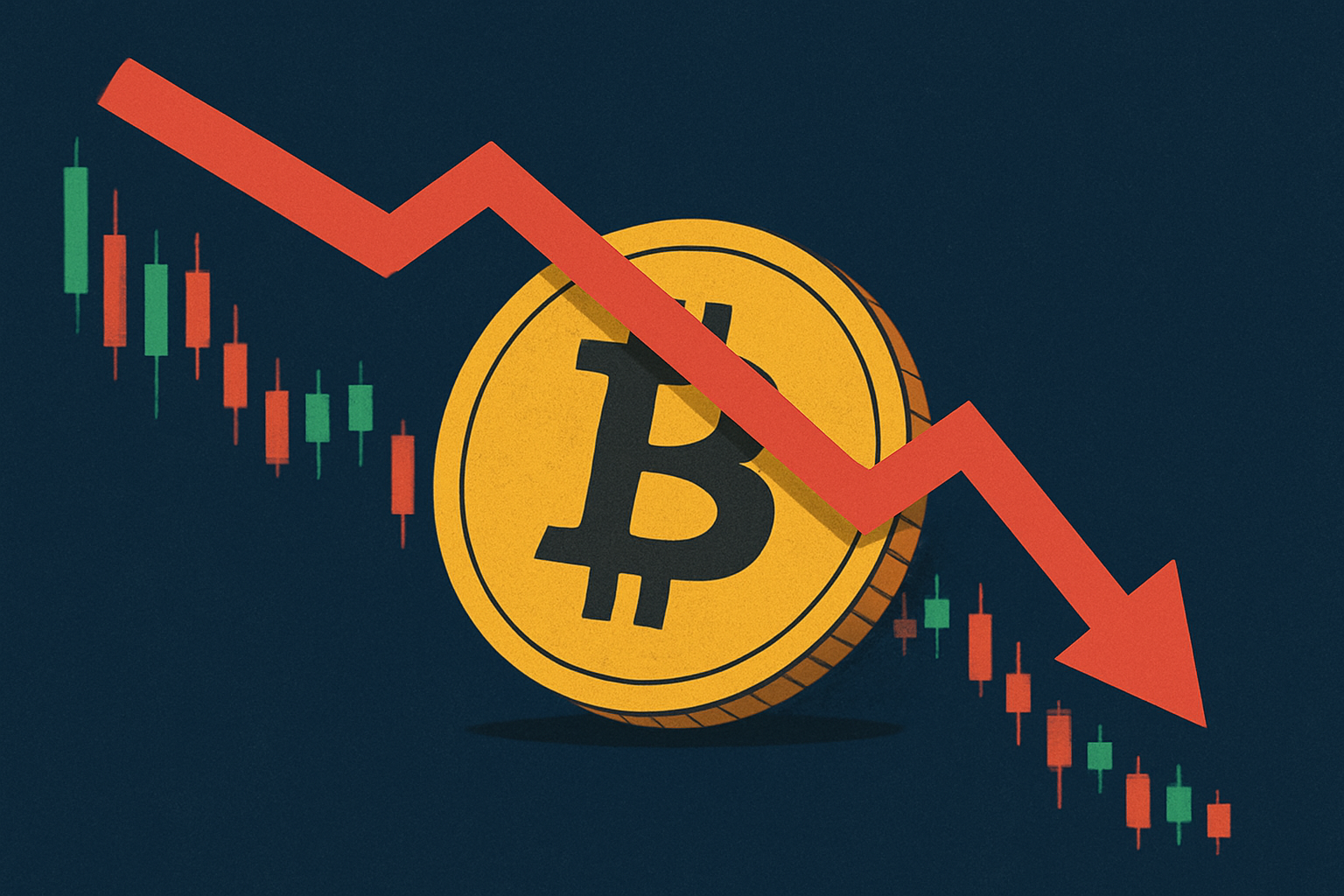The emergence of digital assets has taken the world by storm, even countries with economies which are not as free. One of these nations is Russia, a place known to be attractive for cryptocurrency miners and also where citizens are showing an increased interest in decentralized tokens for conducting financial transactions.
Based on the latest news, the Central Bank of Russia (CBR), the main monetary authority in the country, has finalized a prototype project for a digital Rubble, a development that can have implications in the long run, but not everyone seems to be happy.
CBR works on digital Ruble
Olga Skorobogatova, First Deputy Chair, already announced the completion of the digital Ruble platform, also highlighting plans to begin pilot operations in January 2022. In December 2021, the central bank in Moscow launched invitations to credit organizations wishing to carry out consumer-to-consumer operations, at least during the first stage.
The second phase will involve the Federal Treasury and other financial intermediaries, during which financial transactions between companies and individuals are planned. Just like China, which deployed the digital Yuan more than a year ago, Russia seems to be heavily interested in the idea of a state-own digital currency.
Over the past few years, interest in digital assets has been surging, according to XPro Markets, an emerging retail brokerage which facilitates crypto trade globally. The elevated volatility of these instruments created a proper environment for short-term speculation, especially via the use of derivatives that track the prices of cryptocurrencies.
Not enough space for CBDCs and traditional crypto?
However, now that Russia plans to deploy a digital Ruble, some people might not fancy the fact that the state plans on taking a harsh stance against traditional cryptocurrencies. The CBR is already preparing a report on the matter, intending to push for regulatory measures that will govern the circulation of these digital assets.
When speaking to reporters in the State Duma, Vladimir Chistyukhin, current Deputy Chairman, revealed details regarding crypto regulation:
“I think that we will resolve the issue through amendments to the legislation. There will be a more precise definition of how cryptocurrencies can be traded…”
All in all, it seems that Russia is in a similar situation as many other countries. Governments are making efforts to thwart the prospect of decentralized cryptocurrencies, because they are afraid of giving up the power to control monetary policy.
Are there any downsides to CBDCs?
A cashless society also comes with downsides, as some experts have already highlighted. Even though CBDCs can be traded via brokerages like XProMarkets, just like fiat currencies, this might mean consumers’ privacy will be at risk.
Governments highlight that this move (for CBDCs) is meant to limit tax evasion and terrorist financing, but it has a negative effect on average users who fully comply with the law. All transactions will be conducted on a central ledger, which can be controlled by the central bank or another monetary authority. Increasing/decreasing the money supply is not complicated, while the role of commercial banks is under threat here.

















